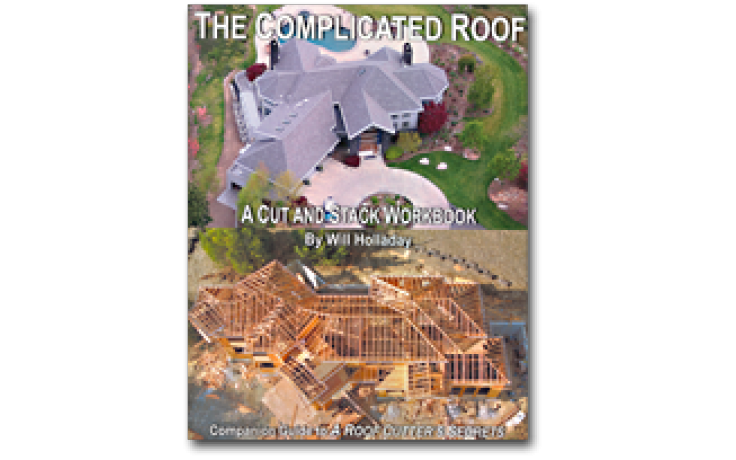Tax Reform Could Increase Demand in Commercial Roofing

I can’t help but notice that you’ve been a little busy lately. Some of you taking the time to read this column have been this way for four or five years. but that doesn’t mean you get to rest on your laurels and just keep raking in the dough.
As the leader of your roofing business, you must constantly be aware of where your business stands today and where it will stand in the future. At least to the extent that you can predict the future, which is not a reliable science. Change, however, is something on which you may always depend.
Change is Here
Changes to the tax code signed into law at the end of 2017 layout a roadmap for personal and corporate taxes that may have some immediate impact on your roofing business now, and may also have a (perhaps lesser) impact in the decade to come as some of the tax breaks change or go away.
A significant change is the ability for some of your commercial roofing customers to get instant tax relief on their reroofing projects. And not just the small projects. I realize this is old news, but talking to roofing contractors at industry events over the winter tells me many of you are not up to speed on changes to Section 179 of the U.S. Internal Revenue Code as it relates to roofing and certain corporate entities (taxpayers; your customers).
To learn more, read Joe Bazzano’s feature article in the February issue of Roofing Contractor or look it up online at www.roofingcontractor.com. Speak with your accountant to get further counsel on how changes to the tax code might benefit your customers. You may save your customers a ton of money on their taxes while scoring that reroof project they’ve been putting off, simply by pointing this out.
More Change is Coming
All of the above is the “good news.” The “bad news” is there’s always bad news around the corner. Cycles in the economy are as natural as sunshine and rain. The economy will, eventually, enter into recession. The roofing industry proved resilient during the Great Recession (2007 – 2013), as much of our work is retrofit and several major weather events served up things to do even as the housing industry came to a virtual halt. But keep an eye on the economy and be prepared to make changes to match your business with less work.
Speaking of storm work, there may not be any new storms next year. There may not be any more significant storms for the next five or ten years. Weather, like business, goes through cycles, and storm work presently represents a significant segment of the roofing industry. It hasn’t always been that way and probably won’t remain that way.
So long as the level of roofing business is brisk, I believe the best course of action is to roll with it; keep marketing and selling for the future; and do your best to keep it all under control so you can say at the end of the year that your bottom line grew along with revenues.
Looking for a reprint of this article?
From high-res PDFs to custom plaques, order your copy today!







